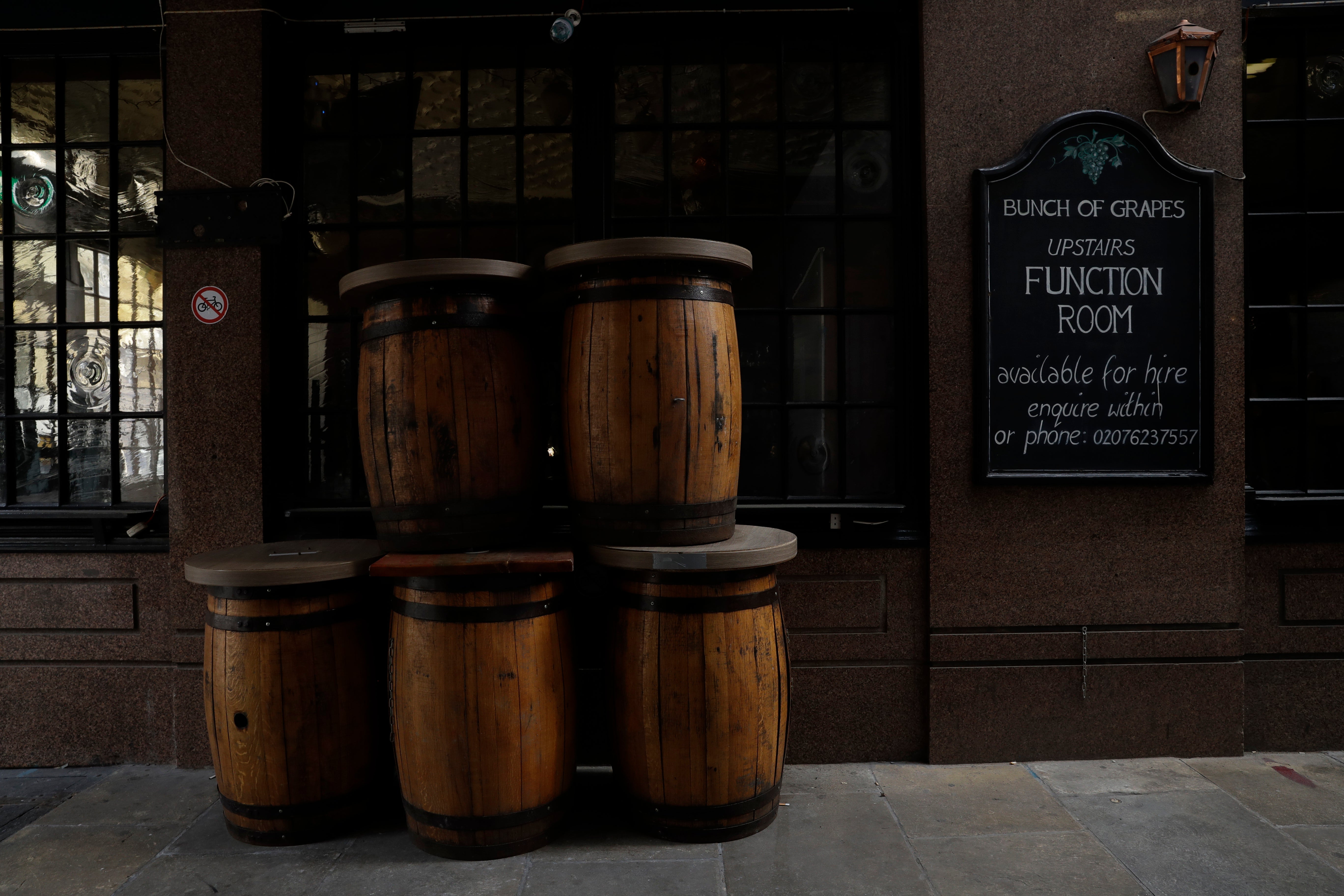Binge drinking rises in UK during lockdown, study finds
Deterioration in the financial situation and physical health were reasons behind increased drinking

Binge drinking increased in the UK during Covid-19 lockdown with furloughed workers boozing most, a study has said.
The study for which 2,777 participants were surveyed between 30 April and 14 June 2020 found that “deterioration in psychological wellbeing was consistently associated with increased frequency of drinking.”
It revealed that 30 percent of participants reported drinking more frequently in lockdown with 16 percent reported drinking more units per drinking occasion and 14 percent reported more frequent heavy episodic drinking, said the research which was published on Wednesday in the Drug and Alcohol Review journal.
But amongst 50 per cent of participants, the study said there was “no change in the frequency of drinking pre‐ and post‐Covid-19.”
It was conducted by the researchers of University College London noted that “men were more likely than women to drink both more and fewer units per drinking occasion.” It, however, clarified that the study’s sample was predominantly white and further research is required to examine lockdown’s effect on a more representative sample of drinkers in the UK.
The research stated that deterioration in the “financial situation and physical health were associated with increased unit consumption and deterioration in psychological wellbeing and being furloughed consistently predicted increases in heavy episodic drinking.”
It said that amongst women, increases in the frequency of drinking occasions were also associated with “last‐year alcohol reduction attempts and deterioration in physical health.”
While in men, the increase was because of factors such as “being younger, being furloughed, deterioration in living conditions, deterioration in financial circumstances, improvements in social relationships and having fewer pre‐existing health conditions.”
According to the study, in terms of changes in the units consumed per drinking occasion, women were more likely than men to drink the same number of units as pre-Covid-19.
Deterioration in financial circumstances and physical health were associated with increased unit consumption for both men and women, it said.
The study explained that in women, the increase in units consumed per drinking occasion was associated with having more alcohol reduction attempts in the last year while in men, it was associated with” living with children, deterioration in psychological wellbeing and believing that alcohol was unlikely to put them at greater risk of getting or not recovering from Covid-19.”
Dr Melissa Oldham, who is the lead author of the study, said that their study suggests “those on furlough or similar schemes may require additional alcohol-related support … the increase in heavy episodic drinking among fathers is also concerning, and is in line with research suggesting women are carrying the burden of increased childcare,” reported inews.
Join our commenting forum
Join thought-provoking conversations, follow other Independent readers and see their replies
Comments



Bookmark popover
Removed from bookmarks